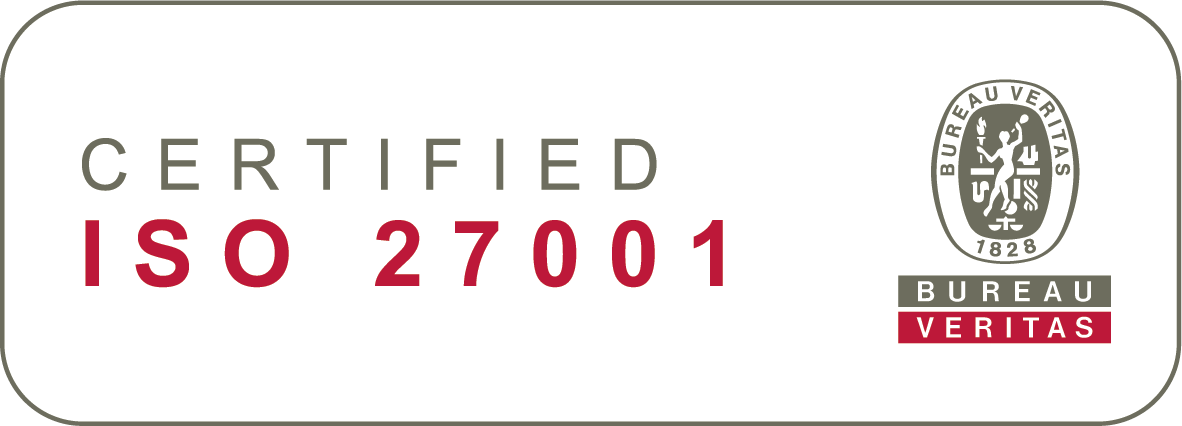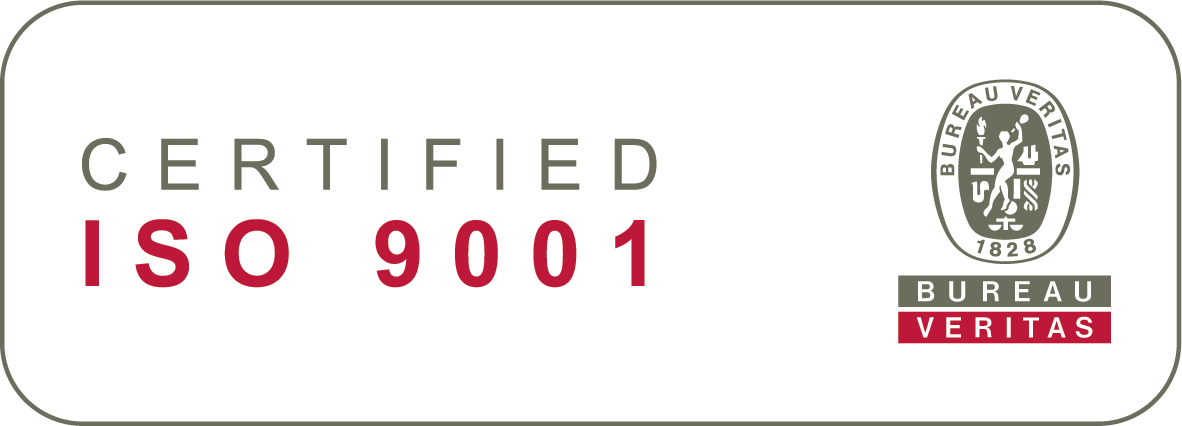Exceptional circumstances are often characterised by uncertainty and a need for more information, also when it comes to managing HR data. The current structures and processes are being reviewed as organisations strive to adapt to the new normal. This may bring new and urgent needs for HR to adjust their practices accordingly. If a company does not yet have an HR system in use, they are already behind in their response to times of crisis.
Zoe Chance, acclaimed Yale business school professor and corporate culture expert, was once given life-changing advice by her mentor during her time as Barbie Brand Manager at Mattel:
“Choose a career you’d sacrifice your life for. Because you will.”
We devote half of our days, thoughts, and lives to our work. If we are lucky, our careers work in synergy with family, fun, relationships, sleep, hobbies, and learning. However, compromises are often made, and the pieces of our life are compartmentalised and separate.
There’s no perfect right answer to work-life balance – but helping people feel good about work is something HR should aim for.
The importance of a nurturing workplace
There probably aren’t that many children wanting to be in corporate jobs when they grow up. Yet thousands of adults in the UK alone have found their ways into similar roles. Many of these are happy, content, productive individuals that enjoy their jobs. However, many others feel the bucket of mud they are tasked with carrying outweighs the bucket of gold promised by their career path.
Why the difference? Often, the root of discontent stems from employee wellbeing. If employee wellbeing is high, you likely have a happy, healthy, productive workforce. But when times are turbulent and change is the norm, pressure can pile up and cause distress.
The building blocks of employee wellbeing
Broadly speaking, employee wellbeing relates to the physical, mental, emotional, and economic health of your employees. These are obviously worthy and important things to aspire to. What is not so obvious is how to create an environment that offers these things to your employees.
According to Fons Trompenaars, acclaimed organisational theorist and Sympa TALK keynote speaker, people require three things to feel happy in their lives:
- autonomy (freedom)
- competence (mastery)
- purpose (meaning)
How do these apply to HR? Let’s take a look:
- Hybrid working – At Sympa, we define hybrid work as providing employees with the tools, support, and freedom they need so they can choose when, where, and how they work with no drop in productivity and satisfaction. Whether an employee works from the home office, the office office, 9-5, or early morning/late evening, there is no compromise between wellbeing and productivity.
- HR processes – Do you have a clear onboarding process that clarifies the mission statements and purpose for every employee? Do you have well-defined role descriptions that clarify the scope of an employee’s work? Do your leaders and managers use task-focused leadership, giving ownership of projects and streams to the individuals working on them?
- Reskilling, upskilling, learning paths – Businesses constantly need new skills and functions as the scope of their operations changes, and that’s before external market and industry pressures are factored in. An employee that works with HR to lay out an individual development path feels supported and secure. The benefit for HR is a complete view of the company’s competences, and longer-term view of the hiring roadmap.
- Setting personal goals against company mission – Everyone wants to feel useful, that their work has meaning. An increasingly critical component of onboarding is setting and aligning personal goals for employees that work in harmony with the overall company mission. By doing so, employees understand how their efforts fit into the big picture and feel more connected to the group.
Do you have a viable employee wellbeing strategy in place?
As of 2021, less than half of all UK companies had an employee wellbeing strategy in place. Yet the market has shifted more towards the Nordic model of employee centricity, and candidates often won’t even consider applying to job postings that don’t mention culture and wellbeing.
And, to be clear, employee wellbeing does not mean offering vanity benefits like free coffee, a MacBook, and a pool table in the lobby. If autonomy, mastery, and purpose are missing, these are sticking plasters at best, and the culture shock faced by new joiners expecting one kind of workplace – but faced with another – will only add to overall discontent.
Your employee wellbeing strategy should be the result of constant conversation between all stakeholders. It should evolve, because your workforce evolves, the economy evolves, and society evolves. And, like the best medicine, it should focus on prevention, not cure. Conserve autonomy, mastery, and purpose. The rest will follow.


